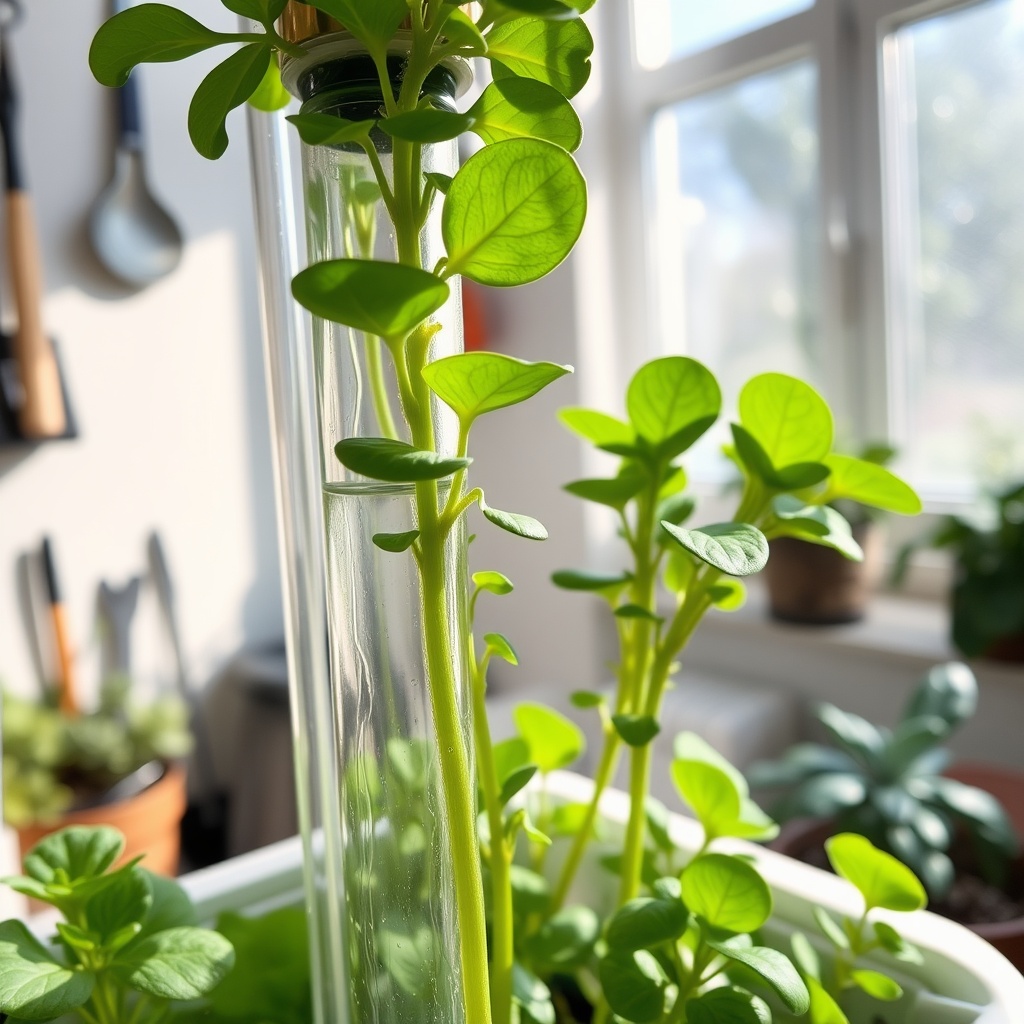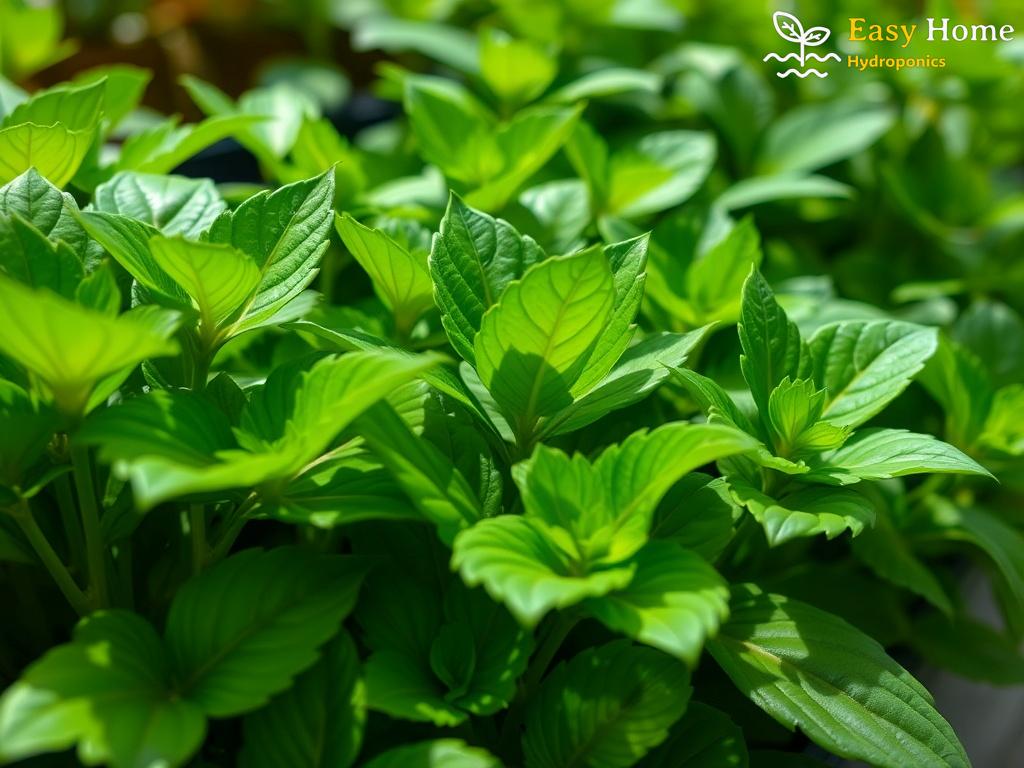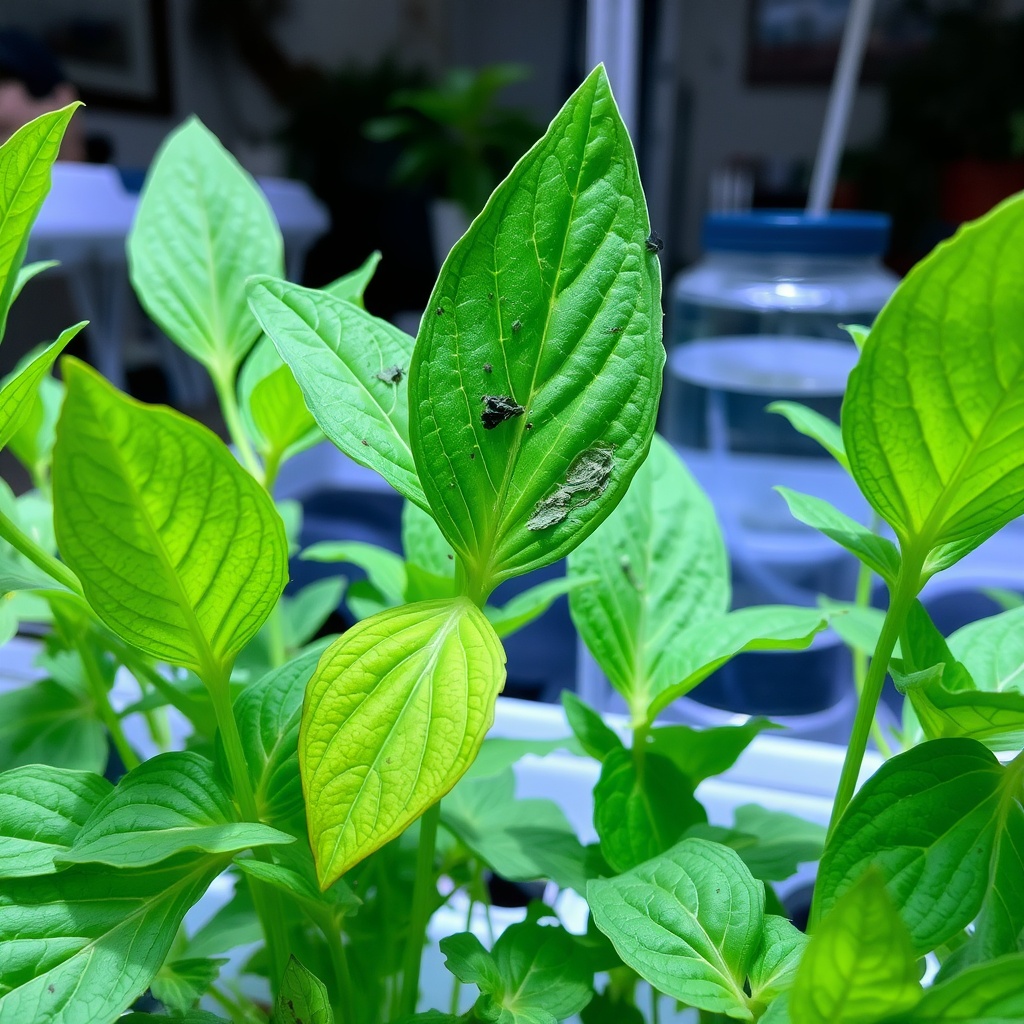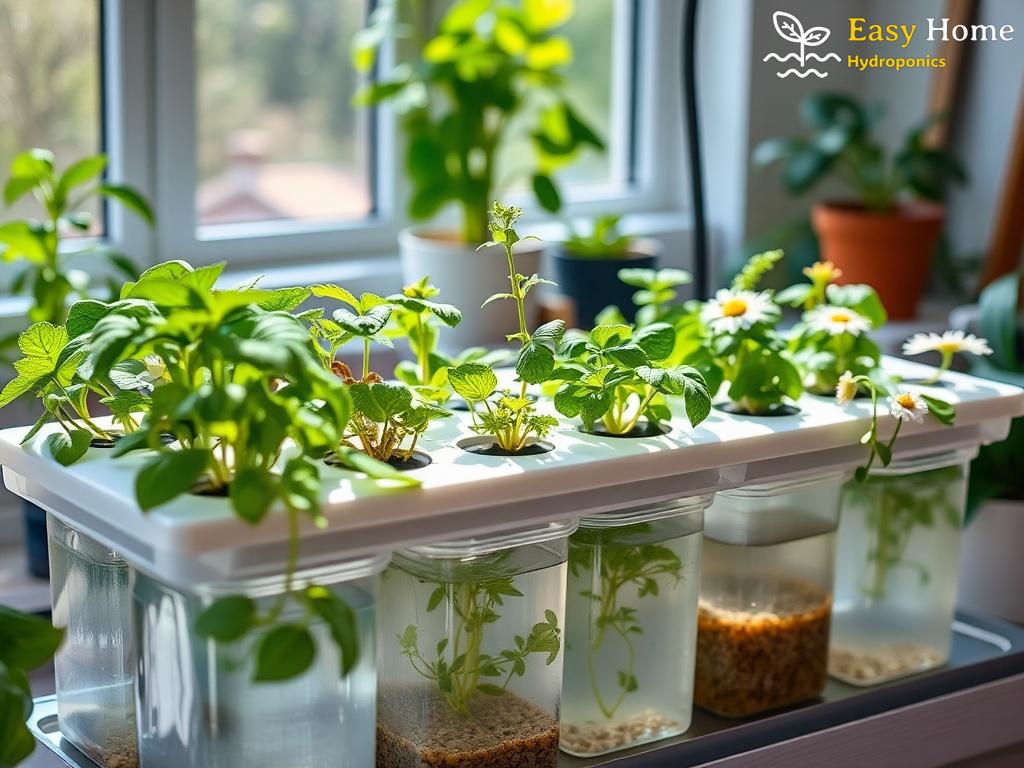The Importance of Nutrient Spray in Aeroponics
In the world of plant cultivation, specifically in aeroponic systems, the right nutrient spray can make all the difference. Aeroponics relies heavily on a misting system to deliver nutrients directly to the roots of plants, ensuring rapid growth and high yields. However, many enthusiasts struggle with creating the perfect nutrient solution that balances all necessary elements. This article will guide you through the essential components and techniques needed to perfect your nutrient spray.
Key Elements of a Nutrient Solution
Understanding the components of your nutrient solution is crucial to achieving optimal plant health. A well-balanced nutrient spray should consist of macro and micronutrients tailored to the specific needs of your plants. Here’s a concise overview of the critical elements:
- Nitrogen (N): Essential for leaf growth and overall plant vigor.
- Phosphorus (P): Vital for root development and flowering.
- Potassium (K): Helps with water regulation and overall plant health.
- Calcium (Ca): Important for cell wall structure and growth.
- Magnesium (Mg): A key player in photosynthesis and enzyme function.
Each nutrient plays a unique role, and understanding these roles enables you to adjust your nutrient spray according to the growth stage of your plants.
Steps to Perfect Your Nutrient Spray
Creating the perfect nutrient spray for your homemade aeroponic system involves a few methodical steps. By following this guide, you can ensure your plants receive the optimal nutrition they require:
- Research Your Plants: Different plants have varying nutrient requirements. Start by researching the specific needs of the plants you intend to grow.
- Select Quality Nutrients: Choose high-quality nutrient solutions that are specifically designed for aeroponic systems to ensure better absorption.
- Mixing and Dilution: Follow the manufacturer’s instructions for mixing the nutrient solution. Dilution ratios are important to prevent over-fertilization.
- Regular Testing: Use a pH meter and an EC (Electrical Conductivity) meter to regularly test the nutrient solution. Ideal pH levels are usually between 5.5 and 6.5.
- Adjust as Necessary: Be prepared to adjust your nutrient solution based on the results from your testing and the growth stages of your plants.
By adhering to these steps, you’ll establish a strong foundation for your plants, leading to healthier and more productive growth.




